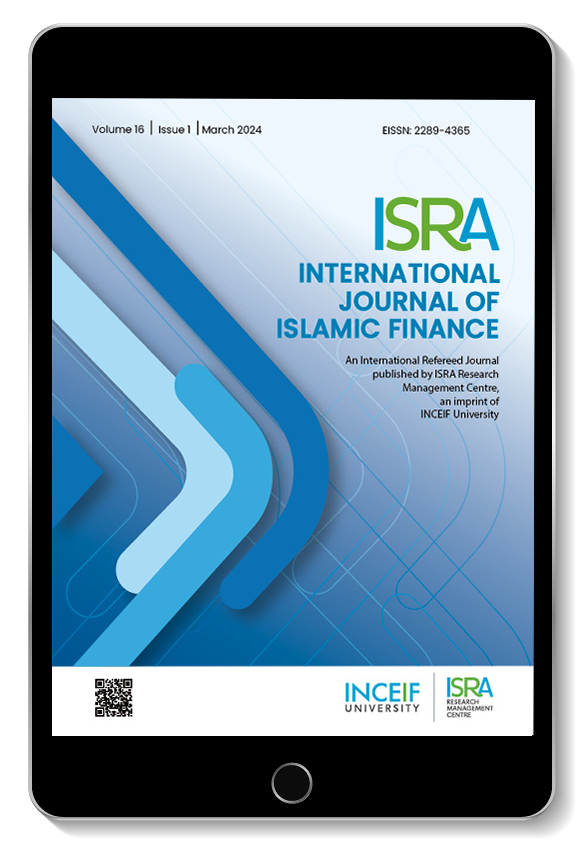形式与实质的当代问题:伊斯兰法律的视角
IF 1.4
Q2 BUSINESS, FINANCE
引用次数: 11
摘要
目的分析形式重于实质的概念,并在文献中引入实质鸿沟这一术语。实质差距被定义为概念的表达方式与其预期结果之间的差异。此外,本研究还从古典和当代两个角度对这一问题进行了考察。设计/方法/方法本文采用的方法是描述性研究。本文描述了当代合同中的实质差距,并发现在伊斯兰金融合同中形式与实质同样重要。本文从形式和实质两个方面提出了新的观点,以突出问题的重要性和意义。这项研究的结果将有助于研究人员从根本上解决这一问题,并帮助他们弥合伊斯兰金融合同形式与实质之间的差距。原创性/价值本文考察了当代契约中存在的伊斯兰契约规则与伊斯兰契约条件之间的实质差距,以及它们的发展和构建。此外,这种差距也可能归因于应对复杂的现代金融环境的压力。本文章由计算机程序翻译,如有差异,请以英文原文为准。
Contemporary issues of form and substance: an Islamic law perspective
Purpose
This paper aims to analyse the concept of form over substance and introduces the term substance gap to the literature. The substance gap is defined as the difference between the way a concept is expressed and its intended result. Besides, the study investigates the issue from both classical and contemporary viewpoints.
Design/methodology/approach
The methodology adopted in this paper is descriptive research.
Findings
This paper has depicted the substance gap in contemporary contracts and found that form is equally important as substance in Islamic finance contracts. This paper offers a fresh outlook on form and substance to highlight the importance of the issue and its significance. The findings of the study will help researchers address the issue at its roots and help them to bridge the gap between the form and substance of Islamic finance contracts.
Originality/value
This paper investigates the substance gap in contemporary contracts that exists between the fiqh rules and conditions of an Islamic contract, and their development and construction. Further, the gap could also be attributed to the pressure to cope with a complicated modern finance environment.
求助全文
通过发布文献求助,成功后即可免费获取论文全文。
去求助
来源期刊

ISRA International Journal of Islamic Finance
BUSINESS, FINANCE-
CiteScore
3.40
自引率
17.40%
发文量
18
审稿时长
20 weeks
期刊介绍:
It is the aspiration of the editorial committee that IJIF achieves the highest rank in quality and substance. It is thus our aim that the journal be carried in the Thompson Reuters’ ISI and Scopus databases. By ensuring high standards in articles published in Islamic finance we ensure that further innovation and research is carried out and promoted in the Islamic finance industry and academia. IJIF publishes 2 issues per annum.
 求助内容:
求助内容: 应助结果提醒方式:
应助结果提醒方式:


